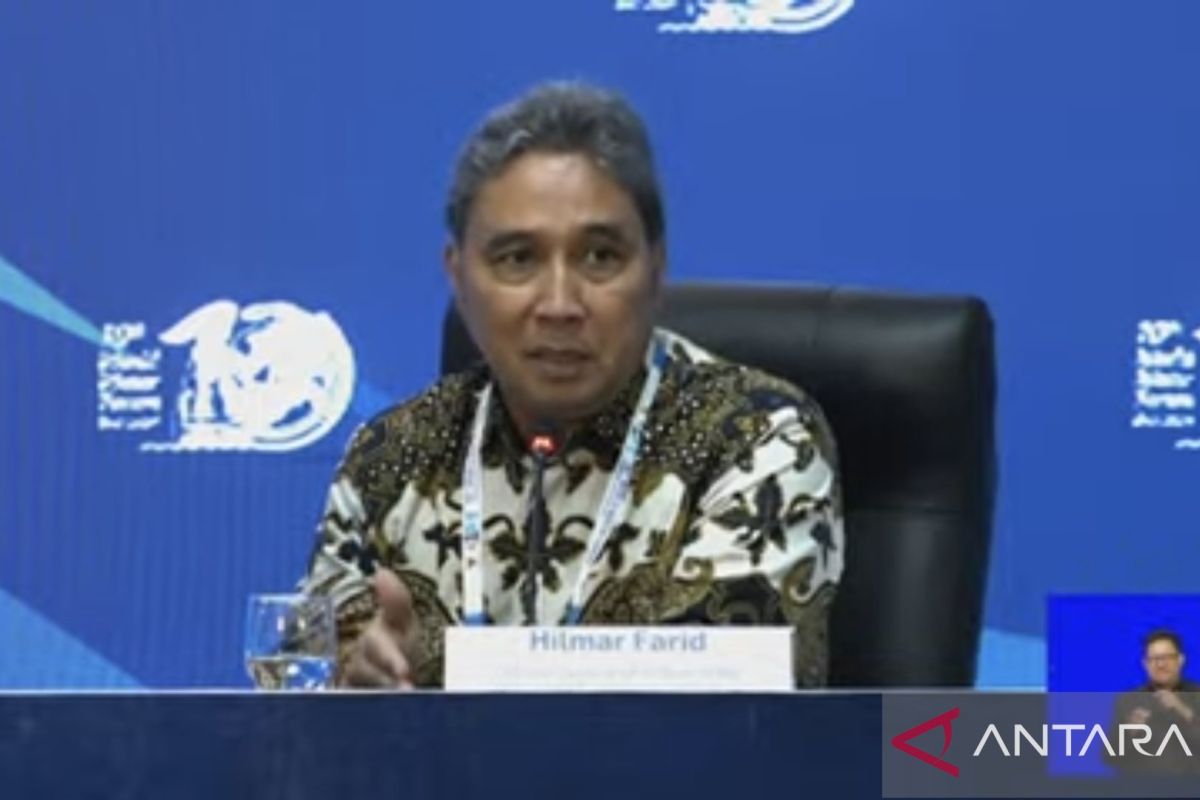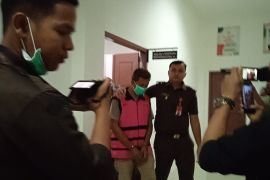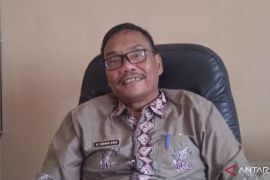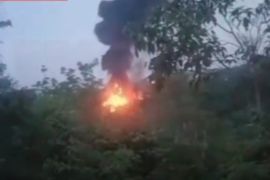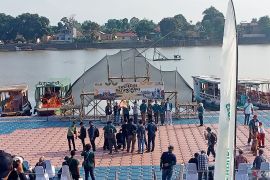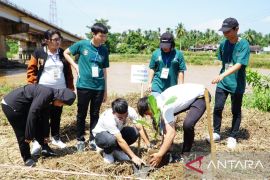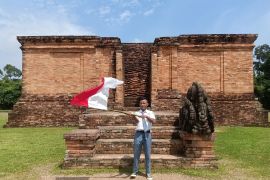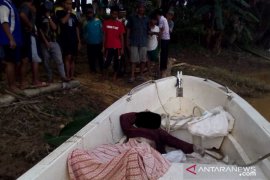The ministry's Director General of Culture, Hilman Farid, conveyed this information here on Tuesday after attending a forum session themed "The Power of Local Culture and Knowledge for Better Water Management" at the Bali Nusa Dua Convention Center here on Tuesday.
"From the UN 2024 World Water Development Report, we know that we can find technical solutions, such as building accessible infrastructure and so on," Farid stated at a press conference.
According to the report, at least 2.2 billion people this year do not have access to drinking water. In addition, 1.4 billion people in 2022 were affected by drought. In addition, the report said that water shortages are linked to 10 percent of the increase in total migration.
Meanwhile, during the discussion in which UNESCO representatives and delegates from other countries participated, Indonesia drew attention to the spice route that stretched from the Pacific region to the east coast of Africa. He said that Muaro Jambi was the heart of the spice route on the banks of Batanghari River that stretches along 800 km.
"This is not just one sea route connecting the islands but a very complex river system in this archipelago," he stated.
Baca juga: Cegah gangguan WWF, Polisi tingkatkan pengamanan di Pelabuhan Bangsal Lombok
Baca juga: BNPT memastikan WWF Ke-10 berjalan lancar dan aman
The government is revitalizing the Batanghari River site that holds several historical findings dating back to the 4th-14th centuries that can be studied to find answers to water management problems.
Farid remarked that the Batanghari cultural treasure can be revived through the support of modern science and technology in order to respond to global water problems in a wise and sustainable manner.
Pewarta : Andi F, Kenzu
Editor:
I Komang Suparta
COPYRIGHT © ANTARA 2026
